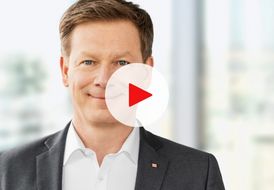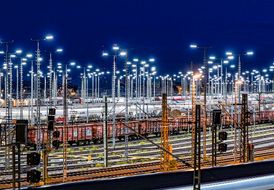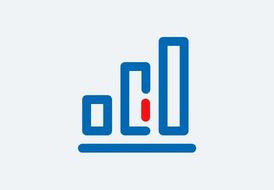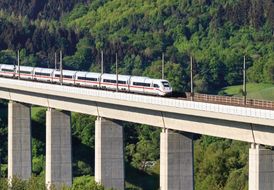Environmental measures
- DB Schenker and Lufthansa Cargo have implemented a regular, climate-neutral air freight connection between Frankfurt am Main and Shanghai. 100% of energy consumption is covered by sustainable aviation fuel (SAF), which consists mainly of biomass waste such as used vegetable and cooking oil. In 2021, 6,669 t SAF was purchased as part of the cooperation with Lufthansa Cargo. The emissions reduction is more than 20,700 t CO₂e.
- In Hamburg, we presented two new vehicle types that are making city logistics more climate-friendly. We have also expanded upon a special supply chain of an all-electric Fuso eCanter truck and two XXL cargo bikes. Together, these three vehicles replace two 7.5 t diesel-powered trucks.
- In 2021, another 36 Fuso eCanter electric trucks were delivered, expanding the eCanter fleet to a total of 41 vehicles. DB Schenker now operates the world’s largest eCanter fleet. Besides these, the electric DB Schenker fleetno. 122 also includes four electric trucks from Volvo Trucks.
- DB Schenker has secured production capacity for about 1,500 full-electric Volta Zero vehicles – Europe’s most significant order to date for large zero-emissions trucks. As part of the partnership, DB Schenker will use the first prototypes in spring and summer 2022. The findings from these tests will be incorporated into the series production of the vehicles.
- The number of eco warehousesno. 73 at DB Schenker increased by 10, to 49 in 2021.
- With Avatour, DB Schenker has developed a virtual inventory inspection that enables virtual audits. This allows us to save up to 130 tons of CO₂e each year.
- In 2021, the number of Schenker “Sustainable Cities” grew to seven: in addition to Oslo and Paris, Dubai, Singapore, Gothenburg, Helsinki and Rennes are among the cities that have sustainable mobility concepts and local sustainability commitments. In Norway, all the larger cities follow the concept. In Oslo, only zero-emissions vehicles are used in inner-city traffic. For overland transport, 50% of freight is transported by train and 50% with sustainable biofuel.
In 2019, DB Schenker developed a “Sustainable City” concept, which allowed cities in the DB Schenker net-work to apply for this status with a defined integrated concept and bundles of measures consisting of sustainable mobility concepts for freight transport and employees, energy and material-use reduction, waste reduction, as well as local social commitments and partnerships with science and environmental associations. Paris and Oslo made a start in 2020, with a particular focus on integrated city logistics focusing on electric mobility.



